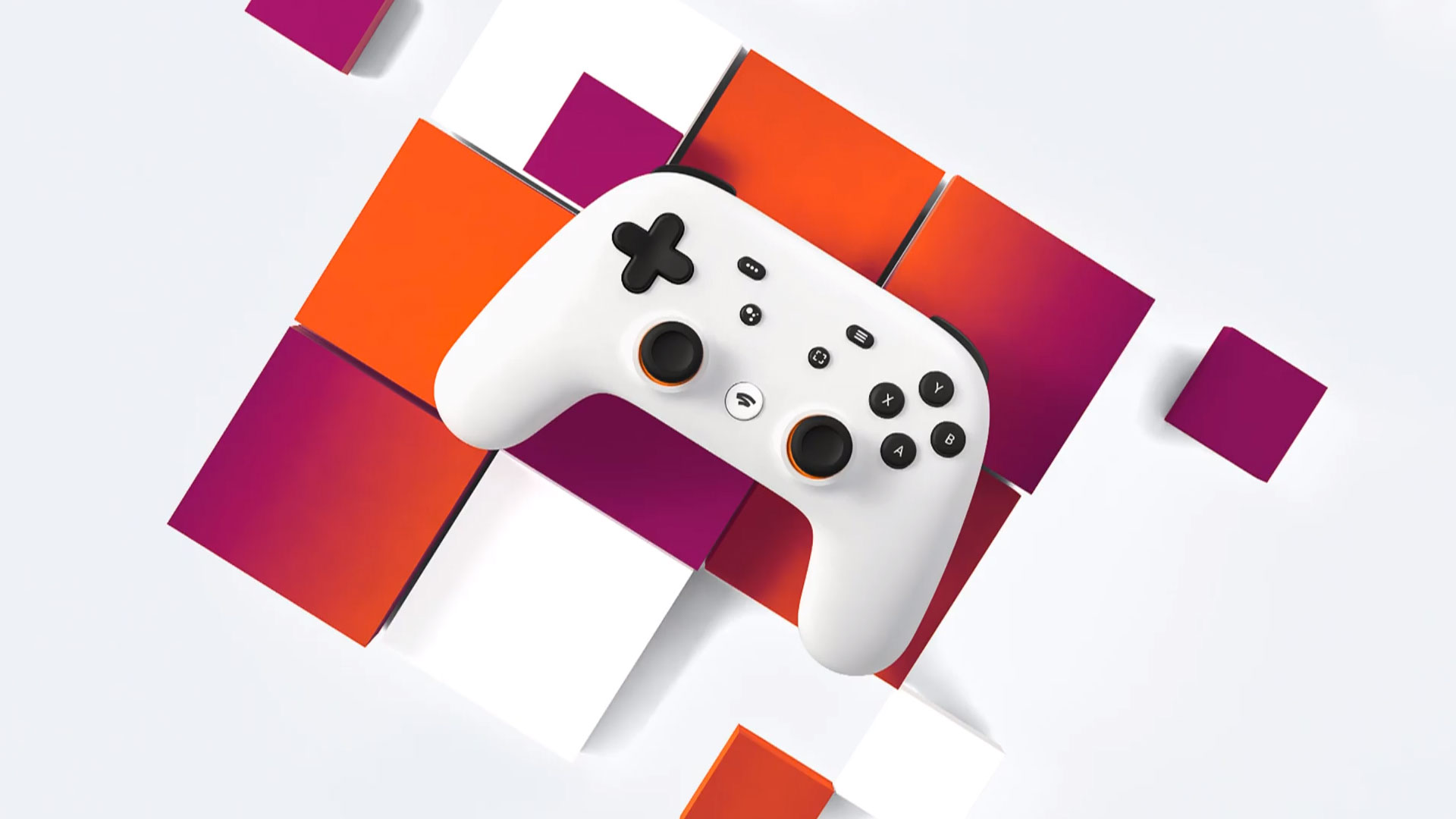
In a new interview, Google’s top executive in charge of engineering says that games played on Stadia could run faster and be more responsive than they do on local hardware – e.g. game consoles like the Xbox One and PS4 or a gaming PC.
While this sounds a little outlandish, Google plans on employing a number of techniques to help combat latency caused by connection speeds.
“Ultimately, we think in a year or two we’ll have games that are running faster and feel more responsive in the cloud than they do locally,” said Stadia’s VP of engineering Madj Bakar, “regardless of how powerful the local machine is.”
It's also important to note that Bakar isn't saying that Stadia will be better out of the box – he's noting that the service will likely get to that point in the future, after Google's team has some time to work through any issues.
- We now have a PS5 release date
- But what does our Google Stadia review mean for consoles?
Stadia vs Xbox One and PS4
That above quote comes from an interview with Bakar and Edge Magazine’s Alex Wiltshire (disclosure: Edge Magazine is owned by Future PLC, the same company that owns TechRadar) where Bakar explained some of the technologies Stadia uses that help overcome issues introduced by latency.
Among these technologies are “Negative Latency,” the term Google uses to describe its large stream buffer, boosting frame rates on the server's side to compensate for slow down and an even algorithm that will predict which buttons you’re likely to press next – all to make up for any latency introduced by your connection.
When we got a chance to play with Stadia at this year’s E3, we felt that it was a mostly latency-free experience - even on twitchy, quick-response games like Doom Eternal.
Get daily insight, inspiration and deals in your inbox
Sign up for breaking news, reviews, opinion, top tech deals, and more.
That said, the demo occurred in the heart of Los Angeles, a major US metropolis, and not in a rural area that’s likely to be further from Google’s data centers and rely on lower-speed internet connections. Just how well Stadia will fare in those circumstances remains to be seen, but we’ll find out when the service goes live in November.
Via PCGamesN
- Curious about Stadia? Don't miss our hands on Stadia review
Nick Pino is Managing Editor, TV and AV for TechRadar's sister site, Tom's Guide. Previously, he was the Senior Editor of Home Entertainment at TechRadar, covering TVs, headphones, speakers, video games, VR and streaming devices. He's also written for GamesRadar+, Official Xbox Magazine, PC Gamer and other outlets over the last decade, and he has a degree in computer science he's not using if anyone wants it.
